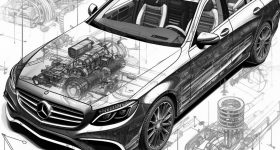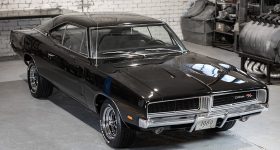How to Avoid Cheating When Buying a Used Car
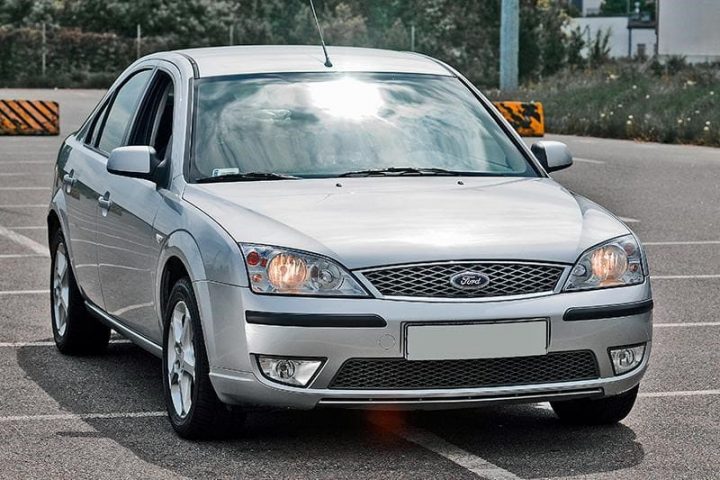
Buying an old car is a budget-friendly way to have the comfort of driving around with full freedom, ease, and convenience. However, there are certain risks when wanting to buy a used car. Find out the best practices in order to avoid being cheated off purchasing a used car.
Check the Odometer
A car mileage check is the first thing you have to do. Do not easily believe it when a seller says that the car has low mileage. Like all aspects of your vehicle, its mileage can also be tampered with regardless if they are manual or digital. Some signs of a car odometer rollback are scratch marks or fingerprints under the display or any loose screws.
Try to see if there are any uneven spacings or if the lines are slightly crooked. You can also review if the paperwork matches or check computer diagnostics to help identify the approximate data on the distance traveled. Though this part of the test is helpful, it may not be completely accurate.
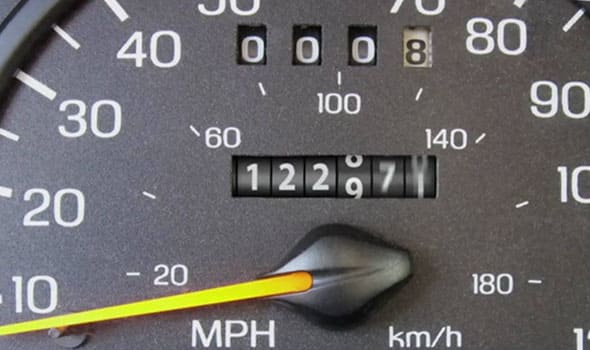
Look at how worn down the seats, pedals, and steering wheel – all these could also be indicative of how often a car has been used. The depth of the tires can also be a sign. For example, an odometer with 25,000 should still have its original tires with a tread depth of 1.588mm.
Avoid Paying in Advance
Never just let go of your hard-earned cash, especially if you have not seen the car in person. If a seller only wants to lock the deal if you pay in advance, only do so if you are sure this is a genuine seller and if you can get proof of official paperwork of the transaction such as a receipt or demand draft. There are scammers out there who show the same car to several buyers, ask for an advance from each of them, and disappear.
The car seller or dealer should also be willing to quote the price upfront and in writing (e.g., via email). If they aren’t ready to commit to a price in advance, you should go ahead and look for someone else.
Drive the Car
The best way to make up your mind to get a car or not is to take it out for a test spin. If you try on even clothes and shoes before buying them, it only makes sense that you should be able to check out a car. It is best when you do this; you have a trusted mechanic along with you. You should be able to notice any defects such as weird noises and know first-hand if it is anything close to ideal.
The moment you take a seat, you should be comfortable. Set the seat height and distance from the steering wheel and pedals. Check the position and see if you can find all the controls. Do not let the seller rush or distract you from this process. Once you drive the car as well, take your time and make sure it’s not a short one.
Visit a Mechanic
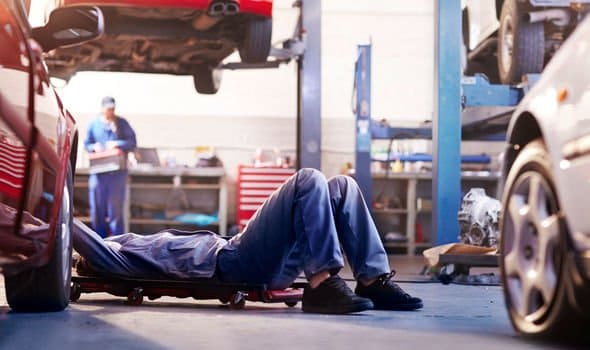
While you could see things for yourself, it is always best to go for professional advice as they have the knowledge and experience to see if there has been anything that needs fixing or has been tampered with. They can easily assess its internal features and see how often the oil has been changed. It would be extremely fishy if a seller does not allow an independent mechanic to check on the vehicle. Before you get down to signing any paperwork, get it checked.
Do note that visiting a mechanic is not an alternative to viewing the history report. Both must be done in order to ensure you are getting the best price and value out of the car you are purchasing.
Research
Research is essential. As much as you might seem like you want to get a certain car right then and there, it is best not to make impulsive choices when buying a car. Market price, resale value, and features are some of the crucial things to look at. A good source of information online for these things can be Consumer Reports.
Part of researching is also not to settle with one dealer right away. List potential dealers, go to several dealers and request a copy of each car’s Buyer Guide. The buyer’s guide enlists several things such as the make, model, year, VIN, warranty, reminders for inspections, etc.
You can also check prices online at NADA and buy a history report of the car to ensure it has not been adversely affected by anything, such as it being flooded, junked, or stolen.






